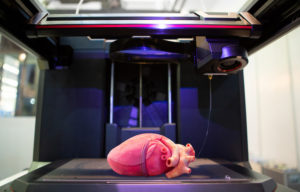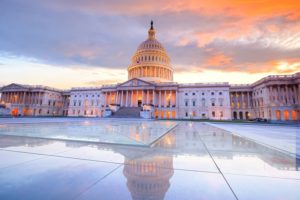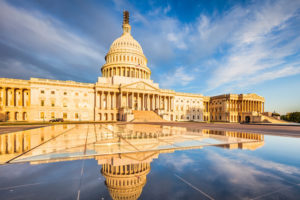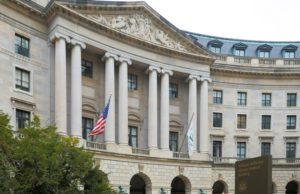How Ending an ACA Subsidy Was Worth its Weight in Silver
Court sides with insurance companies in cost-sharing subsidies class action despite their use of “silver loading.”
The Uncertainty of Regulating 3D Organ Printing
Policymakers around the world are determining how to apply existing regulations to 3D organ printing.
Is Regulation Good for Business?
Former CFPB Director argues that businesses often prefer clear prescriptive rules over general standards.
Regulating America’s Colleges and Universities
This Saturday Seminar explores the ways in which regulators shape the experience of students on- and off-campus.
How Federal Agencies Have Used Rigorous Policy Pilots to Learn
Rigorous policy pilots have tremendous potential to improve governance.
How the Federal Government Can Use More Evidence to Improve Outcomes
Several successful programs demonstrate that prioritizing evidence can positively impact policy effects.
Policy for Evidence
Clear standards for producing and sharing data can encourage more effective policymaking.
Reforming the IRB in Experimental Fashion
A new proposal seeks to reduce the time and cost of securing approval for human subject research.
Resurrecting the Wild Turkey
Regulation, combined with other efforts, has successfully repopulated wild turkeys in the United States.
Regulatory Learning Through the Rulemaking Process
An agency’s regulatory experience informs the development of effective future programs.
Regulatory Trial and Error
Trial-and-error decision-making could provide great benefits to regulators.












